A VPN is essential if you want to access the full internet without organizations snooping on you.
But an unhindered and surveillance-free internet is not what the governments want of their citizens. How are they to keep you in check if they can’t see what you’re doing?
ISPs are very much invested in harvesting your private data for profit, too. It’s no wonder then that there are a few misconceptions about VPNs floating around the ether.
We’re not saying that governments and ISPs perpetuate these five myths, of course. Though they certainly have no reason to dispel them.
1. I have nothing to hide, so I don’t need a VPN
“Who cares if the government reads my emails? I have nothing to fear because I have nothing to hide.”
It seems this argument arises whenever issues of privacy come to the fore. But, you should care.
As Edward Snowden says:
“Arguing that you don’t care about the right to privacy because you have nothing to hide is no different than saying you don’t care about free speech because you have nothing to say.”
The argument of nothing to hide places implicit trust in not only the current government, but also every one that follows it. What’s legal now may not always be so, and the government has the perfect surveillance infrastructure in place to ensure you toe the line.
You might think that governments would not make something illegal that should not be. But history tells us they are far worse than that. Indeed, they have frequently made fundamental human rights illegal.
History is littered with monumental thuggery and oppression, and not just on the scale of the Holocaust and the gulag. The United States has its own dark chapters, from racial segregation and Prohibition to the persecution of gay people. What catastrophic damage could have occurred if past governments had access to the mass surveillance of today?
We are lucky that human rights have evolved slightly faster than modern surveillance technology. And damn right, we all have something to hide.
2. VPNs are only for tech people
It’s true that in times gone by it was a lot more of a daunting task to configure a VPN.
These days, however, you can set up a VPN in minutes. There’s no need to configure network configurations or wrestle with the settings on your computer or mobile device.
You can connect to ExpressVPN’s locations with a tap of a button, so you don’t need any computer skills at all. It’s as straightforward as using any other app.

3. VPNs slow the internet connection
As online streaming services have surged in popularity over the last few years, they have created an exponential demand for more internet bandwidth.
To counter this, ISPs might restrict download speed on streaming sites to reduce congestion on networks. Comcast famously forced Netflix to pay a fee to end its throttling of Netflix users.
However, if your ISP decides to throttle streaming, there is an easy fix.
A VPN hides what you do online from your ISP. Therefore your ISP can’t see you streaming and throttle your speed because of it.
Nice.
4. Free VPNs are just as good
This one is just common sense. Providing a VPN service for nothing is impossible.
If a company isn’t generating income from paying customers, it must find other, more sinister revenue streams.
Free VPN operators might gather income by selling user logs and IP addresses to third parties, which completely defeats the point of having a VPN.
Be wary of the free VPN!
5. VPNs protect me from everything
No! A VPN can help give you back your privacy, as well as a host of other benefits.
But even with one, you’re still at risk from phishing attacks. For protection against phishing and hacks, it’s important to use unique passwords for every account you have.
An attack could be as simple as using a spoof admin email to ask a low-level moderator of a forum page for user emails and passwords. And, alas, a VPN cannot help you here.
A VPN should be just a part (albeit a large part) of your rainbow of internet tools and education.
A VPN is essential, but not the complete answer
A VPN is crucial in this post-privacy world. But it is only one tool in your arsenal. Better internet education is vital.
Millennials and younger have spent their entire lives uploading every aspect of their existence onto the web. Facebook, Twitter, WhatsApp, Snapchat, Google: All of these companies make money from your data. And that’s not to mention all the governments snooping in the background.
Think before you hit that share button, or download the latest chat app. And ask yourself, do you need to give up your location and meal habits just to show off your perfect avocado sandwich?
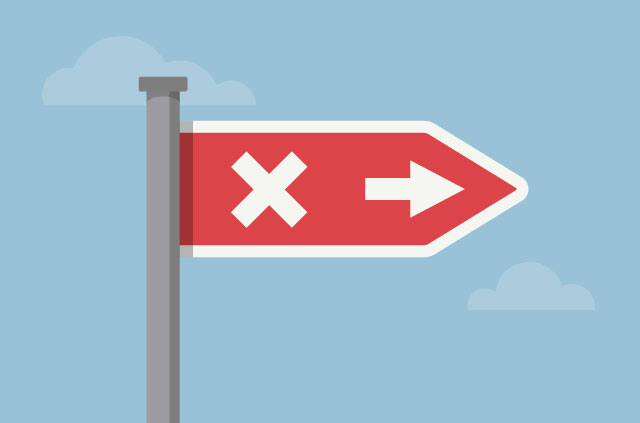
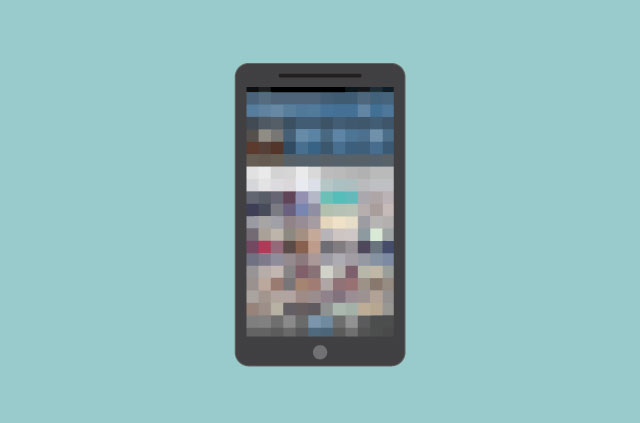


















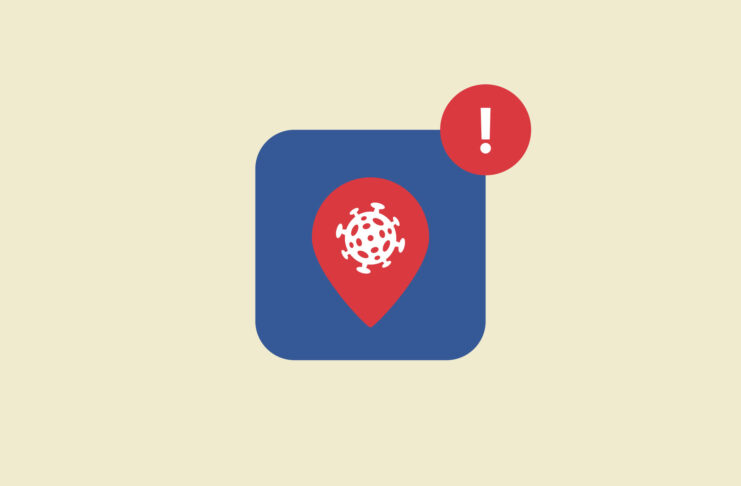
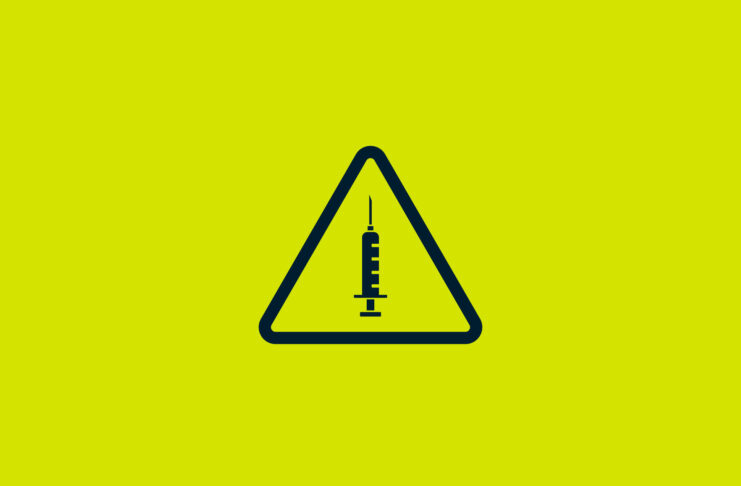
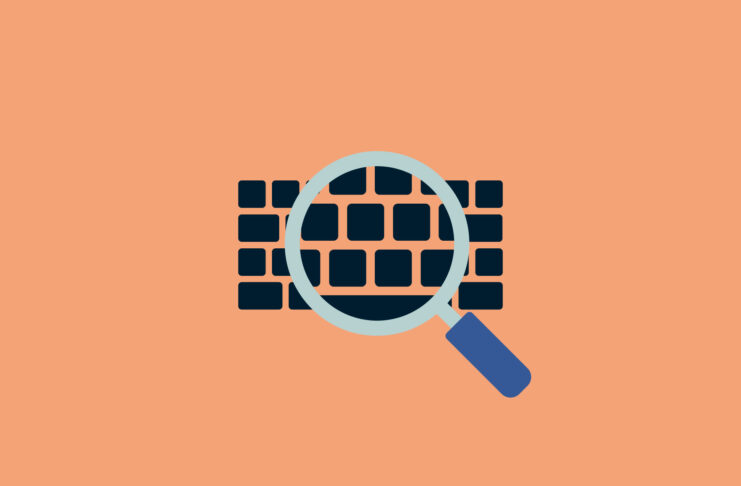
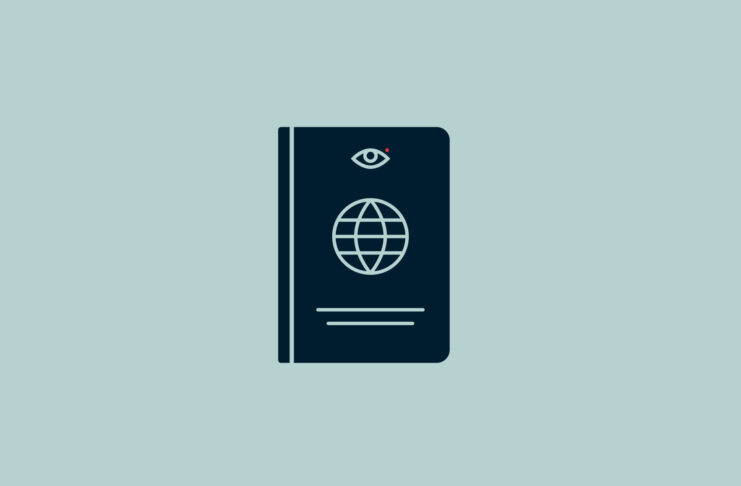




Comments
I have to admit J5, this is your most honest and transparent article. And least biased, out of all the blog posts I’ve read of yours so far.